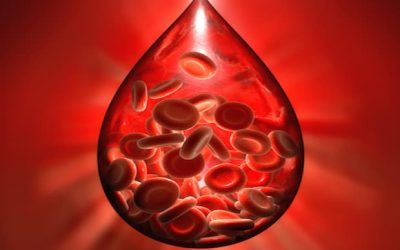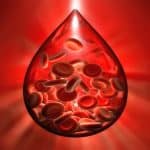The European Commission has approved the use of Roche’s Avastin in combination with Tarceva to treat a certain form of lung cancer, marking the first time the drug has been cleared for use alongside another targeted therapy.
The combination can be used by physicians as a first-line of attack in patients with unresectable advanced, metastatic or recurrent non-squamous non-small cell lung cancer (NSCLC) with Epidermal Growth Factor Receptor (EGFR)-activating mutations.
The move follows data from the pivotal Phase II JO25567 study, which showed a statistically significant 46 percent relative reduction in the risk of disease progression or death for people treated with Avastin plus Tarceva compared to Tarceva alone, with median progression-free survival of 16.0 months versus 9.7 months.
Avastin and Tarceva each target pathways known to play key roles in driving the development and growth of tumours and Roche noted that the beneficial effect of their combination “is supported by results of other clinical studies which showed the combination was effective and tolerable”.
The approval, says the Swiss drug maker’s chief medical officer Sandra Horning, “provides physicians in Europe with a powerful combination therapy that can significantly extend progression-free survival beyond one year, representing important progress for a group of patients who typically face a poor prognosis.”
Around 23,000 Europeans are diagnosed with non-squamous NSCLC with EGFR-activating mutations in Europe every year.
Avastin is cleared for use in Europe to treat advanced stages of breast cancer, colorectal cancer, non-small cell lung cancer, kidney cancer, ovarian cancer and cervical cancer, and in the US for the treatment of colorectal cancer, non-small cell lung cancer, kidney cancer, cervical cancer and platinum-resistant, recurrent ovarian cancer.
The anti-angiogenic therapy is the subject of more than 300 ongoing clinical trials investigating its in over 50 tumour types.









